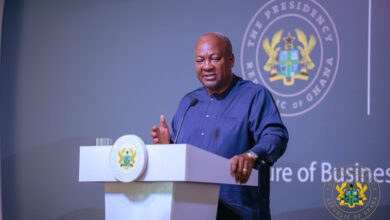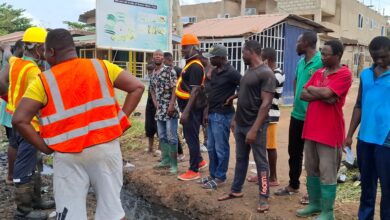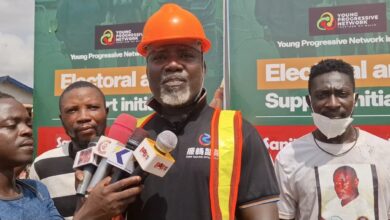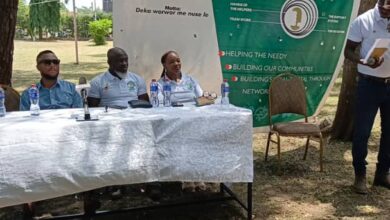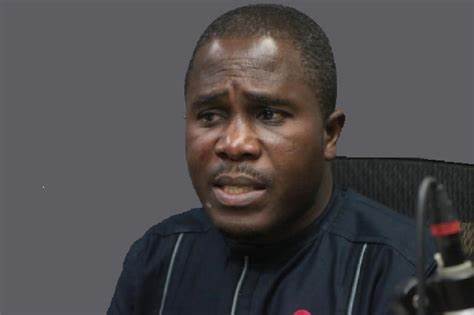
Nana Amoasi Vll, the Executive Director of the Institute for Energy Security,raised significant concerns about the impending energy sector crisis, commonly referred to as “Dumsor,” that Ghana is currently grappling with. His insights shed light on the complexities surrounding fuel supply and its implications for energy generation in the country.
He said this on Political show on Ahotor FM 92.3 Siempieso and hosted by Emmanuel Amartey “Alaska de Don”
Amoasi emphasized the critical role of fuel supply in energy generation, stating, “With fuel supply that could impact on generation. But then, where is the fuel coming from?” He pointed out that Ghana primarily relies on imported fuel, making a crucial distinction between natural gas and liquid fuels. He elaborated that natural gas is not only more affordable but also environmentally friendly, making it a preferred choice for power generation.
Highlighting the sources of natural gas, Amoasi noted, “We either source them from Nigeria or from our own indigenous fields.” He explained that power plants in Ghana predominantly operate on natural gas. However, he cautioned that when there are disruptions in the natural gas supply, the country must resort to more expensive and less environmentally friendly liquid fuels, which are largely imported.
Amoasi further confirmed that power plants are operational, primarily using natural gas. However, he warned of the vulnerabilities in the system, stating, “We don’t have adequate stock of liquid fuel.” He stressed that any disruption in the natural gas pipeline could leave Ghana exposed, forcing a reliance on liquid fuels that the country may not be financially prepared to procure.
In another development, the West African Gas Pipeline Company (WAPCo) has agreed to postpone its planned pipeline maintenance by two weeks, averting an imminent power crisis in Ghana.
This decision comes after intense negotiations led by a technical committee established by Chief of Staff Julius Debrah to tackle the looming energy challenge.
The maintenance, initially scheduled to commence this week, was flagged by the Ghana Grid Company (GRIDCo) as a significant threat to the country’s electricity supply.
GRIDCo warned that ongoing fuel shortages for thermal plants, combined with the disruption in gas supply from the pipeline, would severely cripple Ghana’s power generation capacity.
At a high-level meeting involving WAPCo representatives, GRIDCo officials, and the technical committee, the stakeholders deliberated on the potential impact of the maintenance on the national grid. Concerns were raised about the possible reintroduction of power outages, which could disrupt businesses and households across the country.
Following the discussions, WAPCo agreed to delay the maintenance to allow authorities more time to secure alternative fuel supplies and stabilize electricity generation.
Background on the Maintenance and Fuel Crisis
WAPCo’s pipeline plays a vital role in transporting natural gas from Nigeria to Ghana, Togo, and Benin. The scheduled maintenance is crucial for the pipeline’s safety and efficiency.
However, Ghana’s reliance on gas for powering its thermal plants means any disruption can have severe implications for electricity supply.
Additionally, the country is currently grappling with a fuel supply deficit, which has further strained the power sector. Efforts are underway to import additional light crude oil and liquefied natural gas (LNG) to mitigate the impact of the gas supply shortfall.
The government and relevant stakeholders are working to expedite fuel imports and finalize contingency plans to maintain power supply during the eventual maintenance period.
Story By: Alexander Kukah

